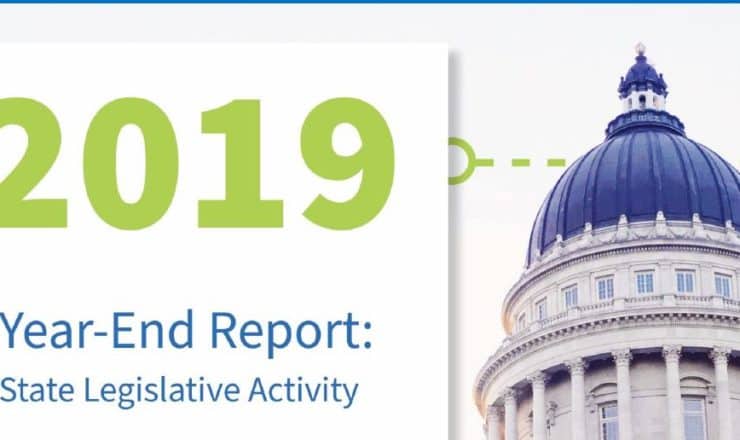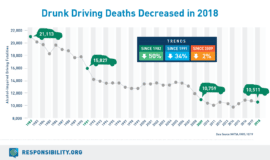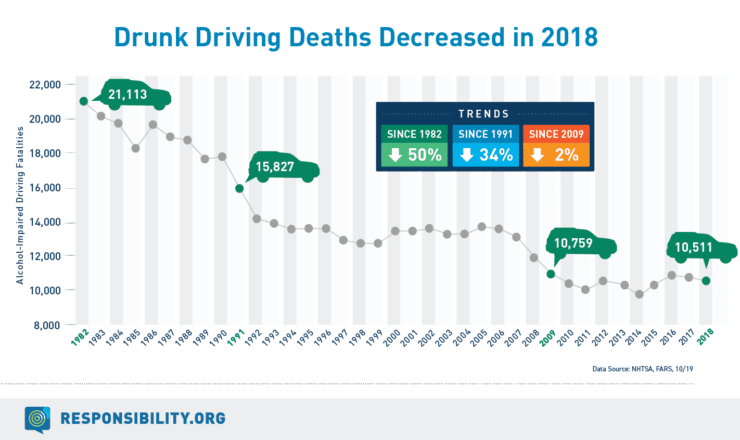Support Ignition Interlocks for DUI Offenders in Idaho
We applaud the Idaho House of Representatives for passing House Bill 551 which would mandate ignition interlocks for all convicted DUI offenders as part of a comprehensive approach to eliminating drunk driving. This law is already in place in 30 states and the District of Columbia. Now HB 551 moves on to the Senate for consideration and we urge Idaho senators to pass the bill into law.
Learn who your Senator is here and call them in support of HB 551!
Evidence shows interlocks are highly effective in preventing alcohol-impaired driving for both repeat and first-time DUI offenders while they are installed. A study commissioned by the Centers for Disease Control and Prevention (CDC) that involved a systematic review of 15 peer-reviewed studies revealed that, while interlocks were installed, the re-arrest rate of offenders decreased by a median of 67% compared to groups who never had an interlock installed (Elder et al., 2011).
Beyond the proven effectiveness of this countermeasure, there are other reasons why it is necessary to utilize the interlock with first-time DUI offenders.
- The term ‘first offender’ is a misnomer. These are often individuals who have driven drunk repeatedly but were never detected or apprehended. The CDC estimates that drunk drivers drive repeatedly before ever being detected and arrested (average of 80 times before first arrest).
- First offenders are the majority of the DUI problem. While repeat drunk drivers are overrepresented in fatal crashes, 70% of drunk driving offenses in many jurisdictions involve drunk drivers with no prior conviction (Voas and Fisher, 2001).
- First offenders can be high-risk. Research shows that at the time of arrest, many first offenders have BAC levels comparable to those of repeat DUI offenders (Jones and Lacey, 2000). Moreover, many first offenders meet the criteria for alcohol abuse or dependence (Wieczorek, 1992; Couillou et al., 2007).
Interlock programs are most effective when combined with proper assessment, treatment, and supervision. All DUI offenders should be screened for alcohol, drugs, and mental health issues to identify those offenders who have issues that must be treated.
DUI offenders often suffer from multiple disorders. In one study, in addition to a lifetime alcohol disorder, 41% of the participants had a drug-related disorder and 45% had a major mental health disorder that was not alcohol or drug-related (Shaffer et al., 2007). Without identification and treatment of substance use and co-occurring disorders, long-term behavior change is unlikely for these offenders, setting them and others on the road up for the danger of repeated DUIs. In addition to using ignition interlocks, the underlying causes of DUI offending (such as substance misuse or mental health issues) must be addressed.
In 2016, 77 lives were lost to impaired driving, translating to 30 percent of all motor vehicle fatalities in Idaho (NHTSA, 2017). If interlocks were utilized more broadly, as envisioned by H.B. 551, a greater number of drunk driving trips would be prevented, thus protecting the public and ultimately, saving lives. Therefore, the passage of this legislation should be a top priority for lawmakers this year.















